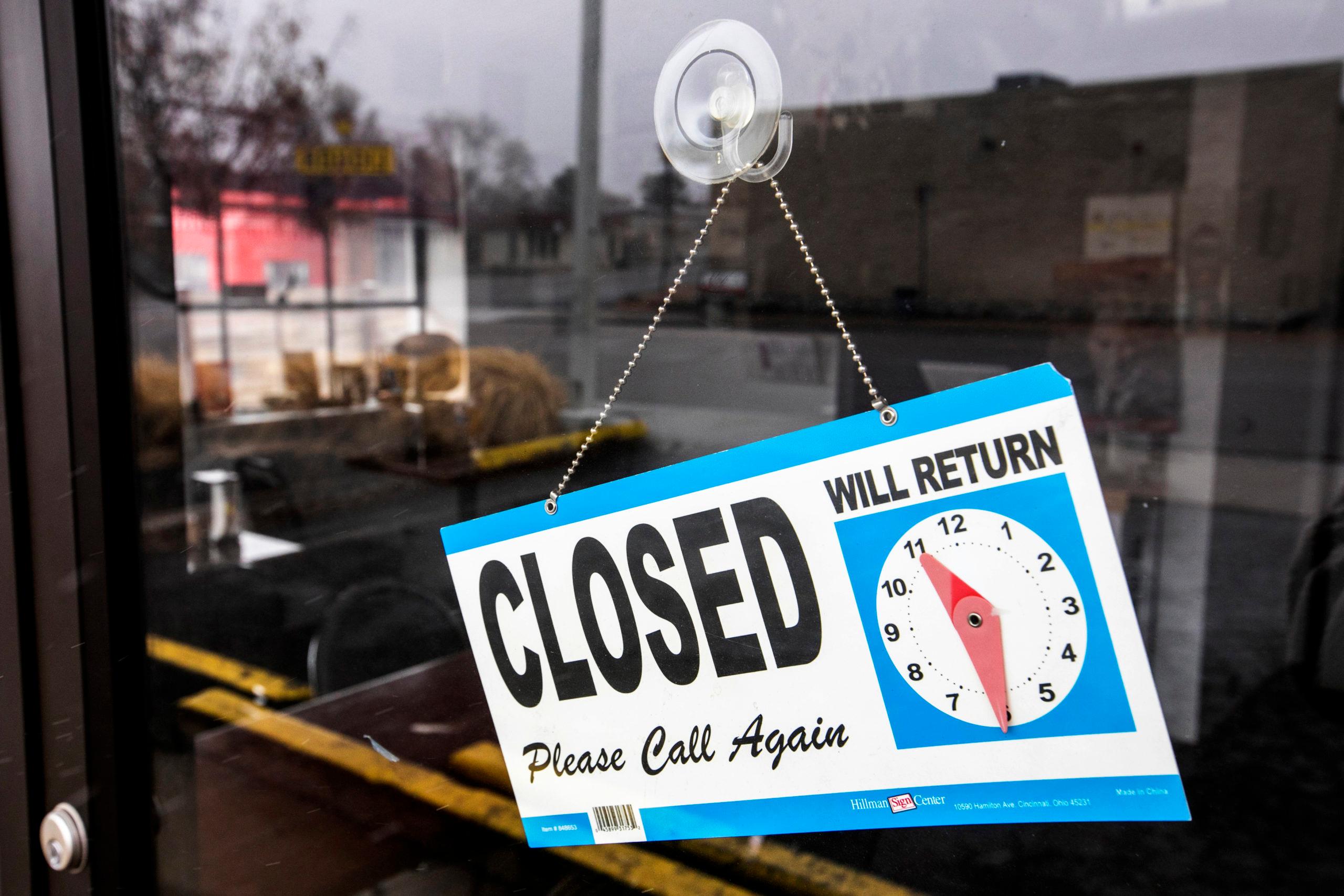
More than 46,000 unemployment claims were filed last week, according to the Colorado Department of Labor and Employment.
That’s a 26.4 percent decrease compared to the previous week, but claims are still setting records for all-time highs.
As the coronavirus ground the state economy to a halt over the past three weeks, 127,393 initial claims have been filed. Those are the numbers reported to the U.S. Department of Labor every week for the week prior. It does not include all applications filed for unemployment.
The latest numbers show that the food and hospitality industries continue to have been hit the hardest by the pandemic. During the week that ended March 21, food and hospitality made up 12,411 of total claims. Other industries seeing the impact include social services, entertainment and retail.
The state paid out $29.8 million worth of benefits last week. In comparison, before the coronavirus pandemic and social distancing measures, weekly benefits cost about $8.7 million. During the height of the Great Recession, the average benefits that were paid out were $19 million on a weekly basis.
The Coronavirus Aid, Relief, and Economic Security (CARES) Act that passed last month included provisions that provide enhanced or extended unemployment benefits. The state is reprogramming its systems to administer the new benefits, which will be paid by the federal government. All eligible workers will get these benefits backdated.
“We are working as quickly as we can to get these benefits into the hands of people who are in need during these unpredictable and unprecedented times,” said Joe Barela, executive director of the Colorado Department of Labor and Employment in a press release.
One of the major provisions under the CARES Act is that gig workers and independent contractors will be able to get some relief for the first time in Colorado. The Pandemic Unemployment Assistance, also known as PUA, can provide benefits up to 39 weeks for gig workers, self-employed people or independent contractors. People who can’t telework while obeying the stay-at-home order and people who have already exhausted regular unemployment benefits are also eligible.
Other provisions include the Federal Pandemic Unemployment Compensation program, which gives $600 per week to any person eligible for any of the programs, and the Pandemic Emergency Unemployment Compensation program, which provides an additional 13 weeks of benefits on top of the standard maximum of 26.
The state labor department said gig and self-employed workers and independent contractors who think they are eligible for the new benefits can begin gathering income statements but they should wait to file until after the state’s computer systems are updated to accommodate them. That will be mid-April at the earliest.









